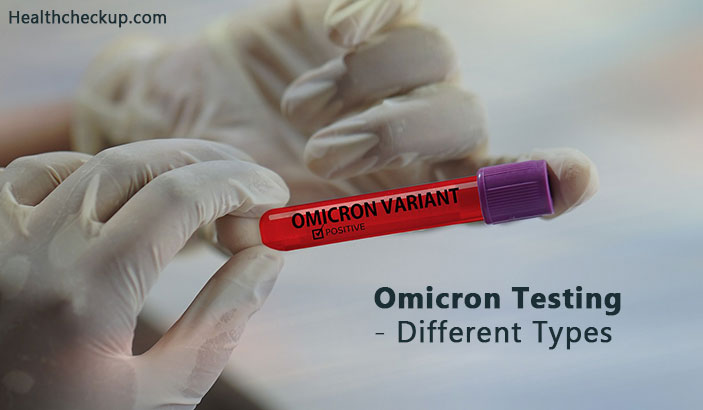Introduction
A new Covid-19 variant was named “OMICRON” by the World Health Organization (WHO) in November 2021. The Omicron scientific name is B.1.1.529. Omicron has been called a variant of concern by the WHO. As per the updates, the Omicron variant is spreading rapidly. It is spreading more quickly than the previous Delta variant.
Differences Between Delta And Omicron Variants
As per the reports, the Omicron variant has been regarded as dangerous due to high spreading potential. However, it is the Delta strain that created havoc in the world.
Origin of Variants: The delta strain was first reported in India in December 2020. It was later spread to the United States and the United Kingdom. Omicron was first identified on November 11, 2021, in Botswana and later on November 24, 2021, in South Africa. Later it spread to different countries causing rapid increase in infection.
Mutation Process: According to gene sequencing, the omicron variant has more mutations than the delta variant. It has been identified that there are 43 mutations in the spike protein of Omicron. The Delta variant has almost 18 mutations in spike protein. More modifications mean the virus has adapted to the human species producing a newer, different version.
Effects of COVID-19 Vaccines: As per the research, the Covishield vaccine was effective in combating (Fighting) against the fatal Delta strain of Covid-19. It was successful worldwide in combating the delta strain. However, this may not be the case with Omicron. The vaccine is less effective with Omicron. It is because Omicron has significant differences in spike protein.
Response to Variants: Omicron has no such significant death rate. The larger part of the population is vaccinated and immunized to it now. However, the Delta strain turned out to be catastrophic at that time. The reason was that the bulk of the population remained unvaccinated. Also, the immunity to the delta variant was very low.
Symptoms Of Omicron
The symptoms of Omicron are the same as that of COVID-19. There is no sign of the difference in symptoms of Omicron. According to research, the common symptoms of Omicron are fever, fatigue, runny nose, sneezing, sore throat, generalized body ache, and congestion.
Testing Of Omicron
The different types of tests that are used currently to detect the omicron are:
Antigen tests:
These tests determine the presence of a specific antigen in the virus, which confirms the infection. These are relatively inexpensive and less sensitive than molecular tests like NAATs. It gives results in approximately 15-30 minutes. It applies to people of all ages. It is performed on nasopharyngeal or nasal slabs placed directly in the reagent or buffer solution.
Nucleic Acid Amplification tests (NAATs):
NAATs detect the genetic material of the virus, specifically the RNA sequence. They are relatively costly, are highly sensitive, and detect even small amounts of the virus. The sample is collected from the upper and lower part of the respiratory tract.
Covid-19 Testing tool:
It is an interactive web tool designed to help you find out the test you can take or seek. It provides additional information to healthcare workers on which test must be performed. You can visit the healthcare department’s website to check for the latest information on testing.
Self-Tests:
They are easy to use and can be used anywhere. It can be performed at home, work, or anywhere. It produces rapid results. If the results are positive, quarantine yourself. Stay at home and isolate yourself for at least ten days. You can call your doctor or public healthcare department if you have any questions regarding self-tests.
Reusing Of Rapid Test Kit
One test kit can be used only once. After that, it cannot be reused again. It should be appropriately discarded once the kit is used, irrespective of the results. You should discard all the components of the kit in the black bag. It includes swabs, swab packaging, extraction tube, test device, buffer bottle, and any other small plastic packaging.
The Omicron variant is contagious and spreads rapidly. You should take all essential precautions to prevent the spread of the virus. Kindly wear your mask all the time, follow proper sanitization and avoid crowded places. Get vaccinated if you are not, as it increases the immunity against the virus and prevents transmission of the virus.









